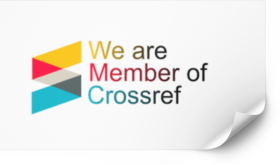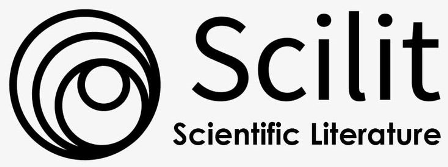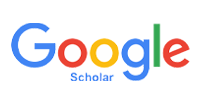About SETS
Sustainable Engineering and Technological Sciences
Journal Abbreviation: Sus Eng Tech Sci
Short abbreviation: SETS
Publisher: ZENITH Academic Cross-Border Ltd.
ZENITH Academic cross-border (ZAC) is a UK academic services company registered under the Companies Act 2006, section 1115, with Companies House in Cardiff, UK.
SETS is a peer-reviewed, open-access journal dedicated to sharing cutting-edge knowledge and expertise in the multidisciplinary field of sustainable engineering. Its target audience encompasses researchers, academic scientists, and postgraduate students. To ensure publication quality, SETS implements a rigorous double-blind peer-review system and adheres to the ethical guidelines established by the Committee on Publication Ethics (COPE).
ZENITH Academic cross-border is a British academic services company officially registered in accordance with the Companies for England and Wales incorporated under the Companies Act 2006 under section 1115, as recorded by Companies House in Cardiff, UK.
ZAC specializes in academic services, functioning as a comprehensive publishing house responsible for journals, conference series, books, and library resources.Our expanding array of technologies is designed to facilitate discovery, enhance accessibility, and encourage scholarly engagement. Moreover, we offer diverse academic services, encompassing training courses tailored for both current and prospective scientists.
Open access Policy
SETS operates as an open-access journal, granting users free access to the full text of published articles. Readers can readily read, download, and share content without requiring permission from the publisher or authors.
Future Vision:
The journal’s ambition lies in achieving recognition within the academic community. SETS strives to be abstracted and indexed by prominent databases, aiming for international readership, citation, and download by scholars across the globe.
Publishing Frequency
Biannual (1st January and 1st July)
Use of the Digital Object Identifier (DOI)
DOIs function as persistent identifiers, meaning they are guaranteed to remain unchanged over time. This characteristic makes them ideal for serving as permanent links to electronic articles, enabling reliable and long-term retrieval of specific content.
Plagiarism Policy
Plagiarism and Ethical Publishing: SETS maintains a strict commitment to upholding academic integrity and ethical publishing practices. All submitted manuscripts, whether under review or published, are rigorously screened for plagiarism using the Turnitin plagiarism prevention software. Plagiarism, duplicate publication, data fabrication/falsification, and improper attribution of authorship are considered serious violations of ethical publication standards and will not be tolerated.
Turnitin and CrossCheck: SETS utilizes both Turnitin and CrossCheck, powered by Turnitin, to ensure the originality of submitted works. All new manuscripts undergo initial Turnitin screening, and editorial board members may choose to initiate further similarity reports throughout the review process or even after publication. It is important to note that high similarity scores do not automatically equate to plagiarism. Reused text properly cited in the bibliography and AI-generated content contribute to the score. SETS tolerates a maximum similarity index of 15%, including AI usage, before publication. Plagiarism from one source must be below 5%. Additionally, the AI-specific index must remain below 5%. Ultimately, interpreting the CrossCheck report and identifying potential plagiarism concerns lies with the subject expertise of the editorial team.
Author Responsibility: Authors are responsible for ensuring their manuscripts meet the set originality standards throughout the publication process. Failure to adhere to the 15% similarity limit, including AI content, may result in rejection or retraction of the manuscript. Maintaining academic integrity and ethical publishing practices remains a shared responsibility between authors and the journal.



